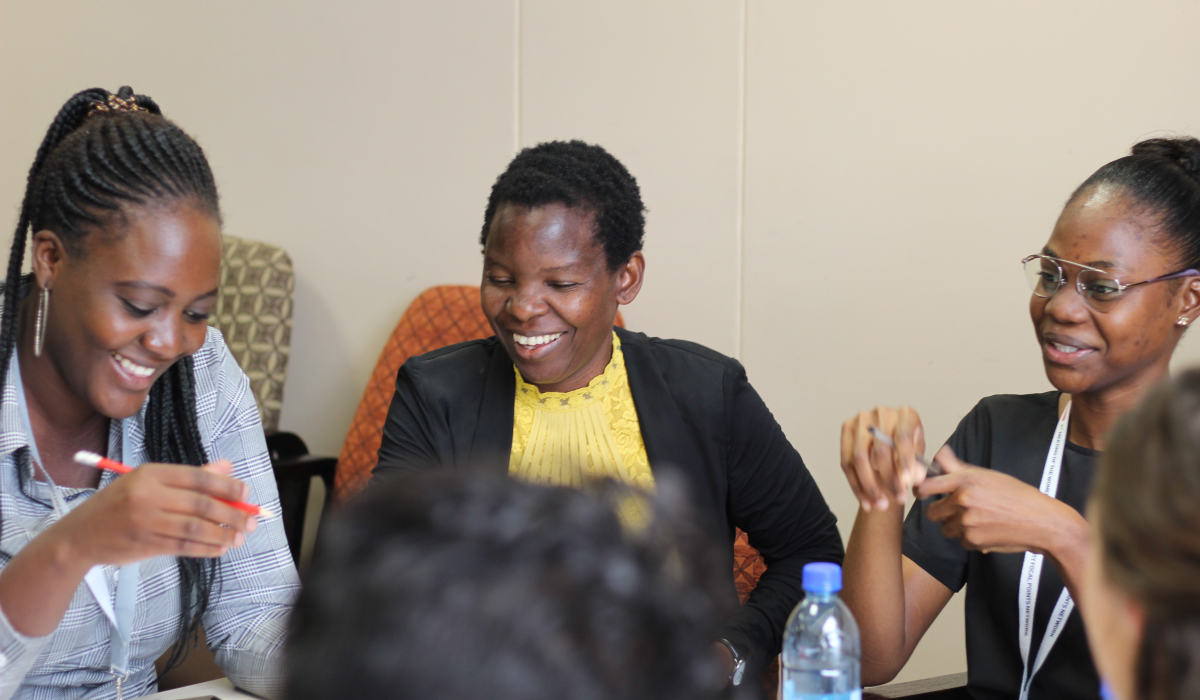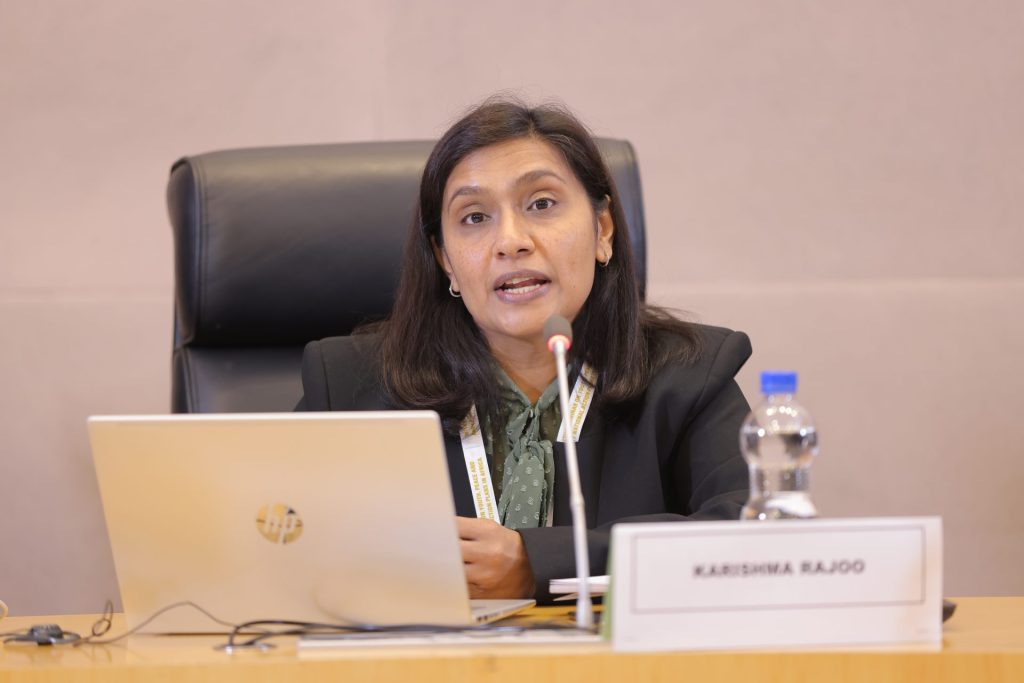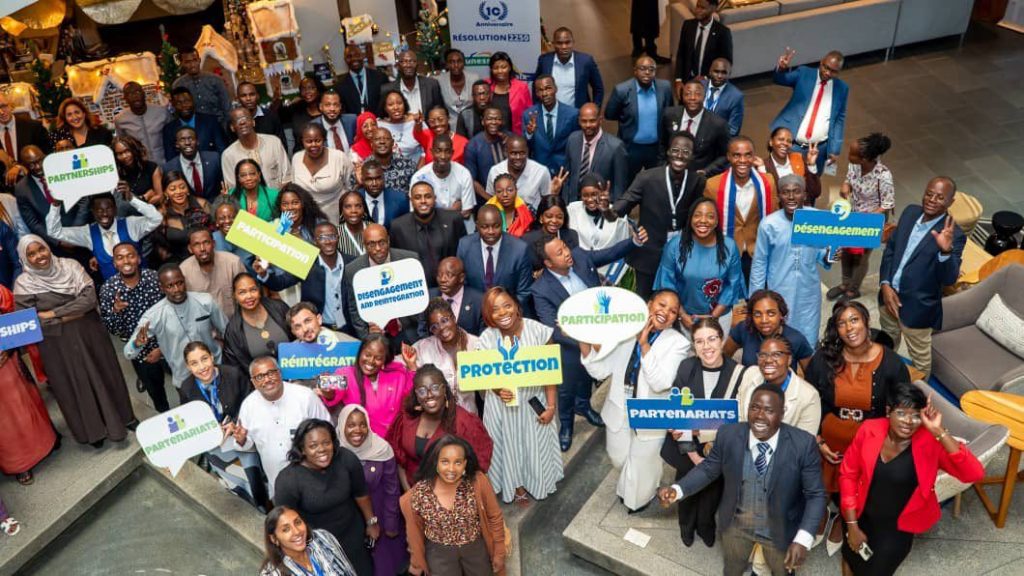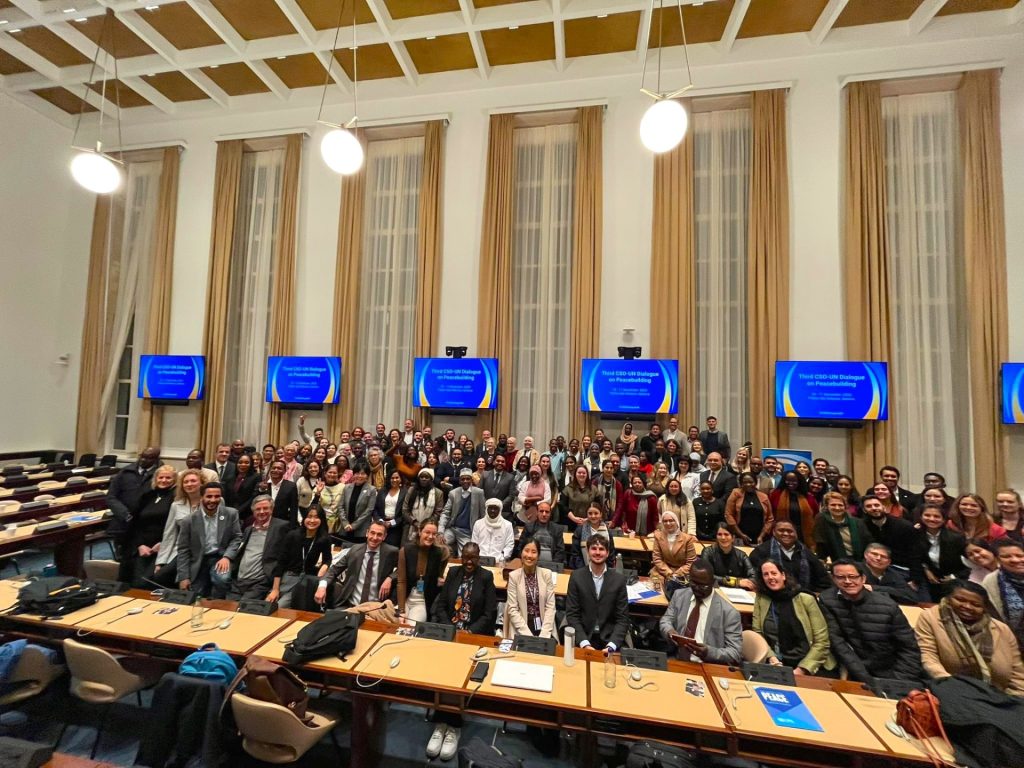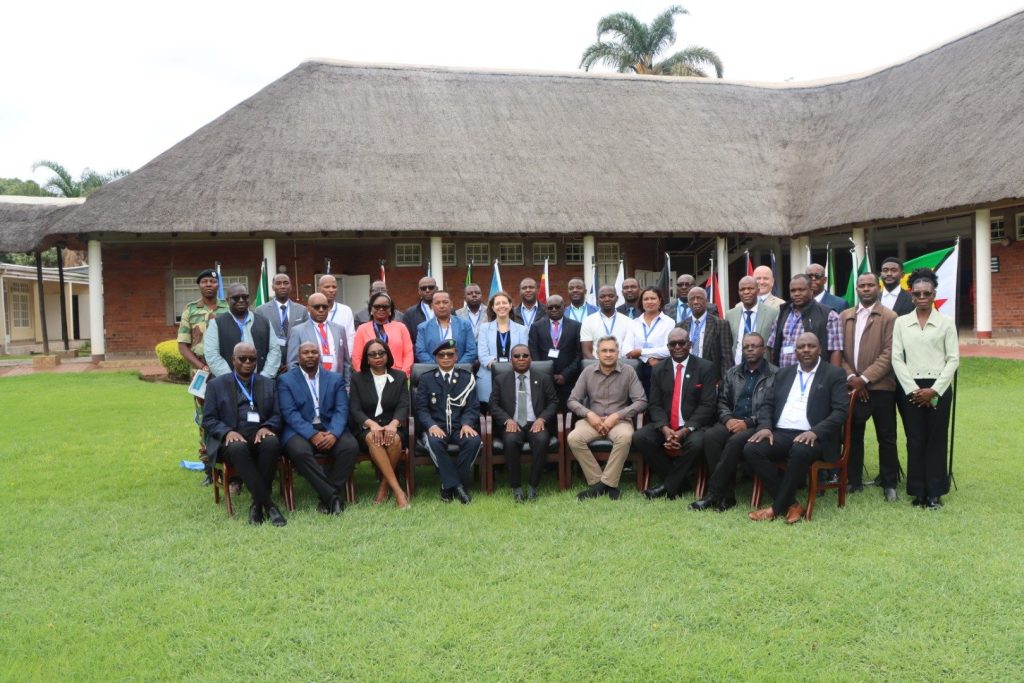ACCORD, in collaboration with United Nations Women (UN Women) Zimbabwe, conducted a Gender-Sensitive Conflict Management, Prevention, and Resolution follow–up training for Zimbabwean Women. The women, representing various networks in Zimbabwe, were brought together in two groups virtually and trained on 10 -11 October and 13-14 October 2021.
ACCORD and UN women Zimbabwe noted the need to increase women’s access to, and participation in peace mediation and negotiation in the country. The capacities of women and peace actors working with women need to be strengthened and extended to all areas of work in mediation and conflict resolution. The training aimed to equip participants with methodologies, practical tools, and frameworks to develop innovative solutions. This training was particularly important as it assessed the skills, which the women were equipped with in previous trainings. Dr. Martha Mutisi, facilitated the process of identify the women’s roles, gaps, and areas of improvement, as they prepare for the upcoming elections in 2023.
The participants represented the African Women Leaders Network (AWLN) Zimbabwe, FemWise Zimbabwe, and the National Peace and Reconciliation Commission (NPRC). During the session, the women were able to unpack the multi-layered nature of conflict which exists in Zimbabwe. As conflict outbreak often takes place at a community level before it escalates to regional or national levels, Dr. Mutisi guided the participants understanding of developing community-level early warning structures. Despite the measures in place, the women went on to share on the impact of socio-economic downturns on neighbouring countries, which has caused a high influx of migration, evoking further conflict in surrounding communities leading to widespread conflict.
The discussions included Zimbabwe’s process of developing a National Action Plan (NAP) on UNSCR 1325, led by the Ministry of Defence and War Veteran Affairs, and the Ministry of Women Affairs, Community Development, and Small to Medium Enterprises with the technical support of UN Women. Zimbabwe’s NAP is in advanced stages, and key priority areas include, ensuring women are part of electoral processes and elected in Government; and representation and meaningful participation of women in decision-making processes. It is therefore anticipated that investing in women peace actors and working with women will contribute to a conducive environment for the operationalization of the WPS Agenda.

